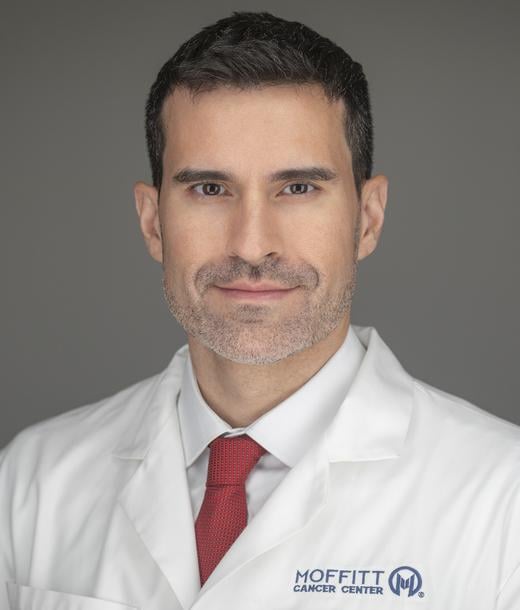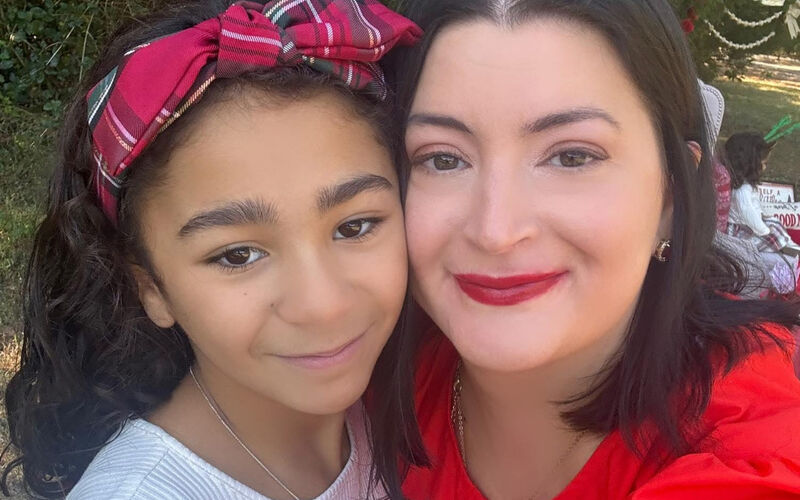Symptoms of Colorectal Cancer Often Overlooked in Young Adults
Jennifer Vaupel, 42, had never experienced hemorrhoids. Hemorrhoids are swollen or inflamed veins that develop on the inside and outside of your anus and lower rectum. They are very common in both men and women, with researchers estimating around 50% of people will be affected by the condition by age 50.
Vaupel started to experience unusual symptoms and assumed she was experiencing hemorrhoids. “There was a lot of blood when I was going to the bathroom,” she said. “I was also cramping and feeling nauseous. I thought it was severe hemorrhoids, so I went to get them removed and they did a biopsy. It turned out to be colorectal cancer.”
Due to sharing similar symptoms like blood in stool and cramping, Tiago Biachi, MD, PhD, a gastrointestinal oncologist at Moffitt Cancer Center says this misconception happens quite often.
For those at an average risk for developing colorectal cancer, the U.S. Preventive Services Task Force recommends getting a colonoscopy by age 45.
“People in general, including doctors, often believe that cancer is not possible if a patient is too young, which is not true,” Biachi said. “They start considering benign causes and generalizing. Any persistent symptoms such as rectal bleeding and discomfort must be investigated, regardless of age.”
According to the Colon Cancer Coalition, 13% of colorectal cancer diagnoses occur in those younger than 50. Additionally, research from the American Cancer Society shows the rate of people younger than 50 diagnosed with colon or rectal cancer from 2012 to 2021 increased by 2.4% per year.
Most often, colorectal cancer begins as a growth on the lining of the rectum or colon called a polyp. “Most polyps take around 10 years to become cancerous,” Biachi said. “Screening can give us a lot more time to treat the condition if detected early.”

In addition to regular screening, there are preventative measures people can take to reduce the risk of developing colorectal cancer.
“Staying healthy is the best primary preventative approach, such as having a good diet, exercising regularly and maintaining a healthy weight,” Biachi said.
Amid Colorectal Cancer Awareness Month, Vaupel hopes her journey encourages others not to ignore abnormal symptoms.
“Even for the slightest bit of pain, get it checked out by a specialist,” Vaupel said.




